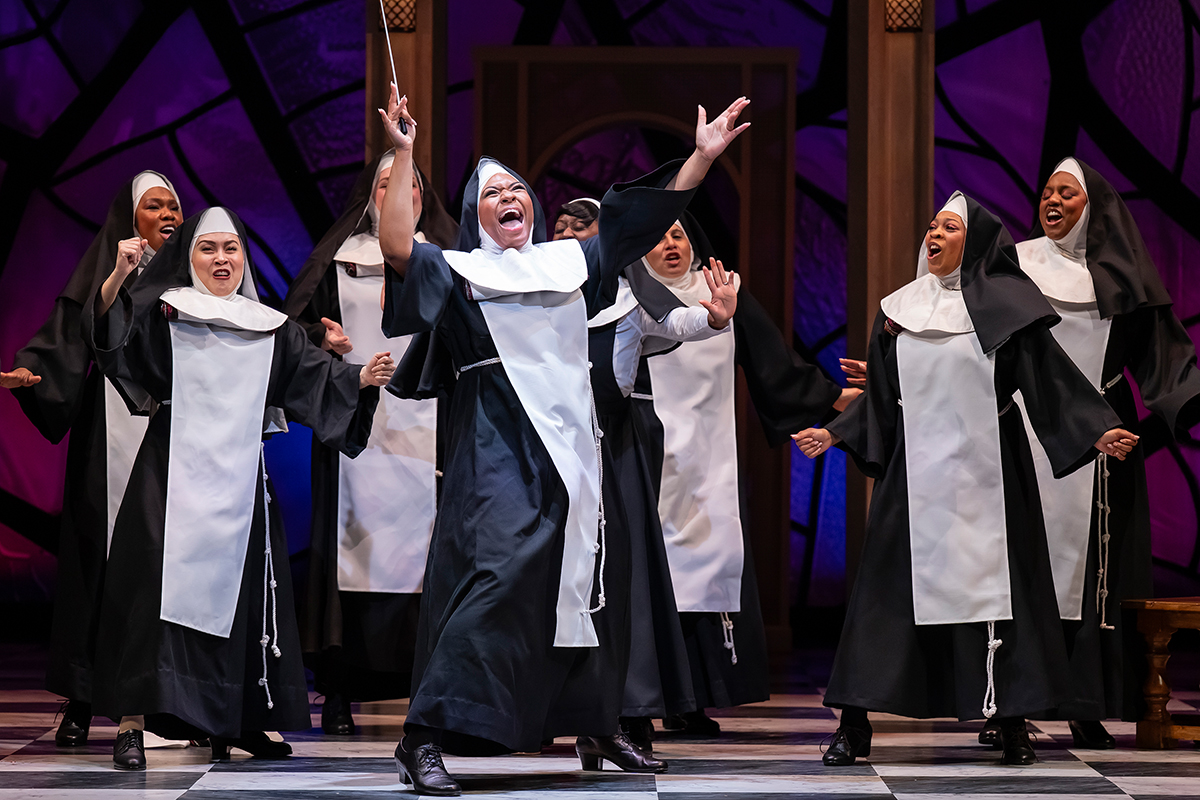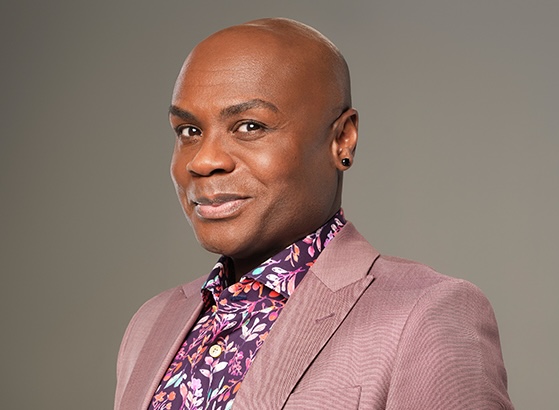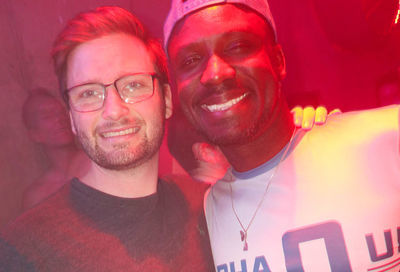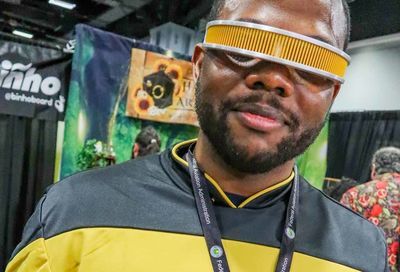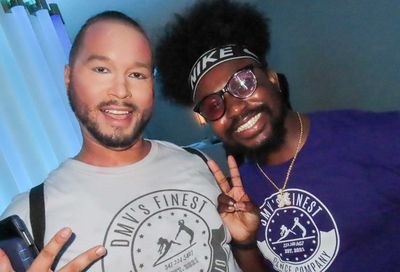Art Imitates Life
With Nathan Lane in the lead, Douglas Carter Beane's The Nance is an entertaining, must-see spectacle
Nathan Lane is playing a flamboyantly gay character on Broadway, one who feels compelled to be closeted, or at least discreet. No, his name is not Albert, and he doesn’t try to pass as Mrs. Coleman, the mother of his lover’s son. The Nance is definitely not a retread of The Birdcage.
In fact, Douglas Carter Beane’s The Nance is much gayer — and far more sophisticated — than The Birdcage, the 1996 movie that made Lane a celebrity, at least among mainstream America. Lane wasn’t totally out at that point in his career; that didn’t happen until a couple years later. Now that Lane is very much out, The Nance benefits from our knowledge and familiarity with Lane as a gay celebrity, one who struggled with and hesitated in coming out in ways that aren’t so foreign to this current character.

The Nance
Chauncey Miles is a ”nance” who is only supposed to play gay — way gay, as in the effeminate stereotype — onstage, as part of a popular but tawdry burlesque theater troupe in the 1930s. The fact that Chauncey is actually gay is a problem, and that problem eventually leads to frustration and heartbreak, especially for Chauncey and his lover, Ned.
In fact, while it might be an overstatement to call this a brave role for Lane to take on, it is at least a noble move. The Nance, produced by Lincoln Center Theater, is a gay play — a gay love story at that — about an honest-to-goodness chapter in history that even few gay people know about. But now, because Lane signed on, more people know and care, and will learn or re-learn the valuable lesson that censorship and self-suppression can be bad for business, art and society as a whole. That’s a lesson that wasn’t conveyed quite as strongly in The Birdcage. In fact, it’s a lesson that I’m not sure American society would have fully heard just 20 years ago anyway. Now, in a time of rapidly growing gay acceptance and support for marriage equality, The Nance allows people to see the subtle ways homophobia and intolerance can take a toll on self-esteem and one’s ability to love or even just trust another person. How could Chauncey love and trust Ned when he doesn’t love and trust himself?
Serious messages aside, The Nance is hilarious. For all the drama — as well as a whole host of fascinating psychological and sociological angles — The Nance is quite an entertaining spectacle. The theater troupe at the heart of the show is known for its ribald sketch-comedy routines, and we see those in between the increasingly dramatic scenes of Chauncey’s off-stage life. Several times we see two scenes overlapping, as John Lee Beatty’s ingenious turntable set is rotated halfway between its discrete scenes. And humor is on or near the surface even in most of the serious scenes in Act 2. Chauncey’s defense of himself against charges of indecency, while in court at the top of Act 2, is a work of brilliantly wry oratory. All told, there are so many one-liners and witty double-entendres, you just might laugh so hard that you cry. You also might genuinely cry at play’s end, meaning you could leave the theater a watery-eyed mess, yet another sign of a powerful show.
But as phenomenal as he is in the role – a third Tony would’ve been nice – Nathan Lane doesn’t do it alone. Jonny Orsini, making his Broadway debut, plays Chauncey’s young lover with compassion and conviction. Lane is surrounded all around by a troupe of fine actors, from Lewis J. Stadlen as Efram, the perfect straight-man foil to Chauncey; to Cady Huffman as Sylvie, the sassiest and leggiest of the striptease girls.





To Aug. 11
Lyceum Theatre
149 West 45th St.
New York
Tickets are $77 to $142
212-239-2949
www.telecharge.com
It’s unfortunate that no one in the cast but Lane got a nod from the Tonys, which also failed to honor the play and its director Jack O’Brien. (The Nance did win Tonys for Beatty on scenic design, Ann Roth on costumes, and Leon Rothenberg on sound design. Japhy Weiderman on lights was the show’s fifth nomination.) Beane was nominated, but not for this; for best book to the musical Rodgers & Hammerstein’s Cinderella. And that’s a shame, since Beane, the man responsible for earlier hits Little Dog Laughed and the book to Xanadu — as well as the screenplay for To Wong Foo, Thanks for Everything! Julie Newmar — has really outdone himself with The Nance. Where those other shows have been snarky and hilarious, his work here also displays heart and sensitivity.
Especially for gay theatergoers, as Stephen Schwartz says, it’s really a must-see kind of a play.
Support Metro Weekly’s Journalism
These are challenging times for news organizations. And yet it’s crucial we stay active and provide vital resources and information to both our local readers and the world. So won’t you please take a moment and consider supporting Metro Weekly with a membership? For as little as $5 a month, you can help ensure Metro Weekly magazine and MetroWeekly.com remain free, viable resources as we provide the best, most diverse, culturally-resonant LGBTQ coverage in both the D.C. region and around the world. Memberships come with exclusive perks and discounts, your own personal digital delivery of each week’s magazine (and an archive), access to our Member's Lounge when it launches this fall, and exclusive members-only items like Metro Weekly Membership Mugs and Tote Bags! Check out all our membership levels here and please join us today!



